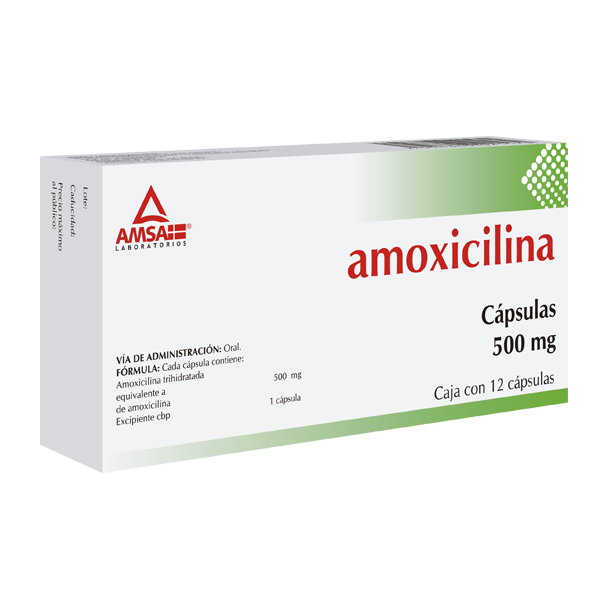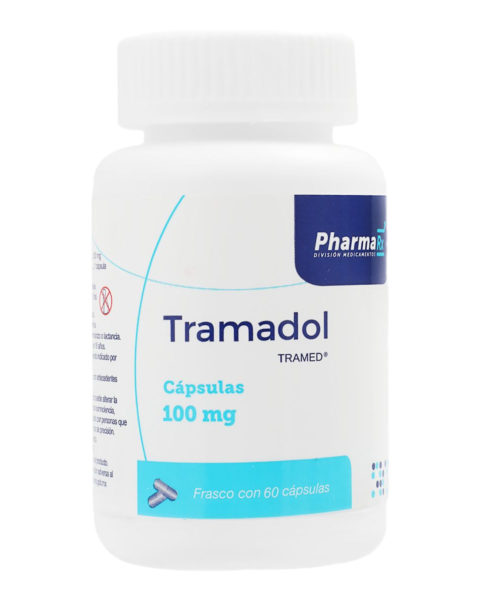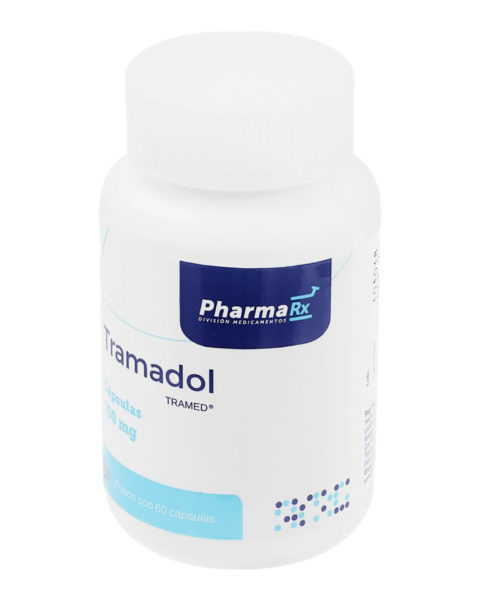Description
Uses
Amoxicillin is used to treat a wide variety of bacterial infections. This medication is a penicillin-type antibiotic. It works by stopping the growth of bacteria.This antibiotic treats only bacterial infections. It will not work for viral infections (such as common cold, flu). Using any antibiotic when it is not needed can cause it to not work for future infections.Amoxicillin is also used with other medications to treat stomach/intestinal ulcers caused by the bacteria H. pylori and to prevent the ulcers from returning.
How to use amoxicillin oral
Take this medication by mouth with or without food as directed by your doctor, usually every 8 or 12 hours. The dosage is based on your medical condition and response to treatment.
Drink plenty of fluids while using this medication unless your doctor tells you otherwise.
For the best effect, take this antibiotic at evenly spaced times. To help you remember, take this medication at the same time(s) every day.
Continue to take this medication until the full prescribed amount is finished, even if symptoms disappear after a few days. Stopping the medication too early may allow bacteria to continue to grow, which may result in a return of the infection.
Side Effects
Nausea, vomiting, or diarrhea may occur. If any of these effects persist or worsen, tell your doctor or pharmacist promptly.
Remember that this medication has been prescribed because your doctor has judged that the benefit to you is greater than the risk of side effects. Many people using this medication do not have serious side effects.
Use of this medication for prolonged or repeated periods may result in oral thrush or a new vaginal yeast infection (oral or vaginal fungal infection). Contact your doctor if you notice white patches in your mouth, a change in vaginal discharge or other new symptoms.
Tell your doctor right away if any of these rare but serious side effects occur: dark urine, persistent nausea or vomiting, stomach/abdominal pain, yellowing eyes or skin, easy bruising or bleeding, persistent sore throat or fever.
This medication may rarely cause a severe intestinal condition due to a bacteria called C. difficile. This condition may occur during treatment or weeks to months after treatment has stopped. Tell your doctor right away if you develop: diarrhea that doesn’t stop, abdominal or stomach pain/cramping, blood/mucus in your stool.



